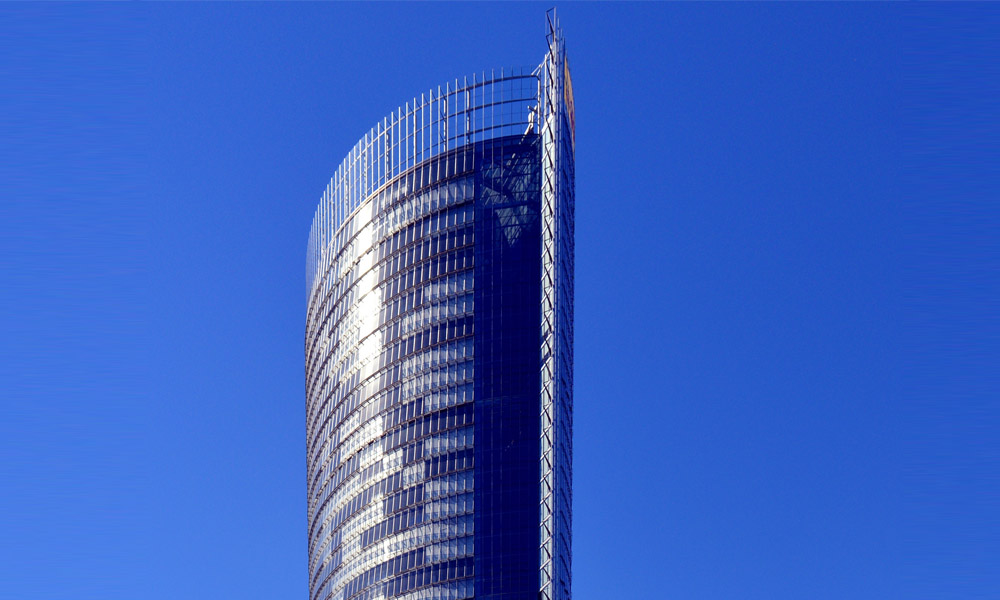

What is Float Glass Used For?
Float glass, a fundamental material in modern architecture and design, is known for its clarity and smooth surface. This type of glass is produced through the float glass process, in which molten glass is floated on top of molten tin, creating a uniform thickness and a flawless finish. This manufacturing technique not only enhances the quality of the glass but also contributes to its wide range of applications. In this article, we will explore the various uses of float glass in different industries.
1. Architectural Applications
One of the primary usages of float glass is in architecture. Due to its high transparency and excellent light transmission properties, float glass is extensively used in windows, facades, and doors. Architects and designers favor float glass because it allows for natural light to penetrate buildings, creating bright and inviting spaces. Furthermore, it can be treated with coatings for energy efficiency, helping to regulate indoor temperatures and reduce heating or cooling costs.
2. Interior Design
In interior design, float glass serves various aesthetic and practical purposes. It is commonly used in the creation of glass partitions, shower enclosures, and balustrades. Its clear surface enhances modern designs, providing an open feeling while maintaining privacy and safety. Additionally, float glass can be tinted or frosted to add a decorative element or to limit visibility, catering to specific design requirements.
3. Furniture and Decorative Items
Float glass is frequently utilized in the manufacture of furniture and decorative items. Glass tabletops, shelves, and display cases leverage the strength and elegance of float glass. The smooth finish not only enhances the visual appeal but also provides a durable and easy-to-clean surface. Designers appreciate float glass for its versatility, allowing for creative expressions in various furniture styles, from contemporary to classical.

In the automotive sector, float glass plays a critical role in vehicle design. Windshields, side windows, and rear windows are mostly made from float glass, which is often treated for safety and durability. Laminated and tempered versions of float glass are commonly used in cars to withstand impacts and provide additional safety features. The clarity of float glass ensures that drivers have an unobstructed view, enhancing overall safety on the road.
5. Mirrors
Another significant application of float glass is in the production of mirrors. The process of creating mirrors typically involves applying a reflective coating to one side of the float glass, resulting in a clear and smooth reflective surface. Mirrors made from float glass are widely used in homes, businesses, and various industries for both functional and decorative purposes.
6. Greenhouses and Agricultural Structures
Float glass is also important in agriculture, especially in the construction of greenhouses. Its excellent light transmission properties enable optimal growth conditions for plants by allowing sunlight to penetrate while providing necessary insulation. Using float glass in agricultural structures helps enhance productivity and yields, making it a valuable material for farmers and horticulturists.
7. Safety and Security Applications
Float glass can be treated and reinforced to improve its safety and security applications. Safety glass, which includes toughened or laminated float glass, is extensively used in places that require additional protection against breakage, such as schools, banks, and public buildings. The strength and durability of treated float glass make it a preferred choice in environments that demand higher security measures.
Conclusion
Float glass has undoubtedly cemented its position as an indispensable material across various industries, thanks to its unique properties and versatility. From architectural marvels to everyday furniture, its applications are extensive and diverse. As technology advances, the potential for new innovations and uses of float glass continues to grow, ensuring its relevance and importance in our daily lives. Whether enhancing the beauty of a building or providing safety and security, float glass remains a critical component in modern design and construction.